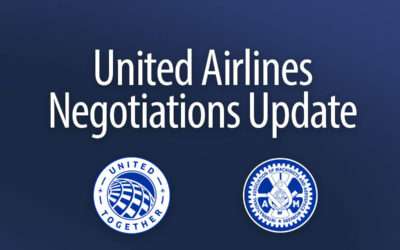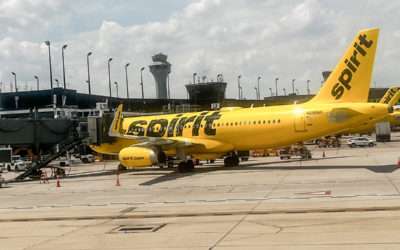
The Battle for a First Contract: How Employers Use Unfair Labor Practices
Recent victories in organizing workers at companies such as Amazon, Starbucks, and Trader Joe’s indicate that it is possible for workers in industries previously thought to be impossible to unify.
However, even when unions are formed, they often do not reach legally binding agreements with employers that would give workers more control over their pay, benefits, and protections.
New research from the ILR School at Cornell University shows that when employers commit unfair labor practices to impede contract negotiations, the chances of winning a first contract within 18 months of voting to form a union decrease by about 71%.
The study, titled “Breaking the deadlock: How union and employer tactics affect first contract achievement,” was published in the Industrial Relations Journal on February 25 and co-authored by ILR Ph.D. students Johnnie Kallas and Dongwoo Park and the University of Windsor Assistant Professor Rachel Aleks. According to Kallas, many people assume that winning a union election means being able to negotiate a contract readily. Still, in reality, less than half of unions have an agreement one year after an election. This is because nothing in U.S. labor law requires an employer to reach an agreement on a first contract within a given timeframe. Unethical employers can prolong labor talks for years.
According to the National Labor Relations Board, the National Labor Relations Act gives employees the right to bargain collectively with their employer through a representative they and their coworkers choose. The union and employer must bargain in good faith about wages, hours, and other terms and conditions of employment until they agree on a labor contract or reach a stand-off or “impasse.” However, an employer is not legally required to reach an agreement on a first contract within the timeframe union members ask for.
The National Labor Relation Board is the Federal agency that regulates unions outside the transportation sector. Railroads and Airlines are regulated by another agency called the National Mediation Board.
Employer opposition can have a negative impact on unions achieving a first contract, with many engaging in illegal tactics such as spreading rumors about job loss and plant closings. Employers also use other unethical means, such as captive audience meetings, to delay the process. In 39% of cases, employers retained the use of an anti-union consultant.
According to a recent article from Bloomberg Law, the time it takes to negotiate a first contract with a union has increased from an average of 409 days to now an average of 465 days – or well over one year. A typical airline contract takes an average of 4 years to fully negotiate.
However, it is important to note that this is an average, and the actual time it takes to negotiate a first contract can vary depending on various factors such as the industry or sector in which the negotiations are occurring.
Unfortunately, some employers may choose to ignore labor laws altogether. This can result in HR policy blunders and expensive lawsuits filed on behalf of employees who feel that they have been wronged. Laws regarding employees are constantly changing at local, state, and federal levels, and it is essential for managers and personnel in human resources to stay up-to-date on these changes.
According to UnionTrack, workers at St. Charles Medical Center in central Oregon voted to unionize in 2019 and began the long process of bargaining their first contract. However, after hitting roadblocks and inequitable proposals from St. Charles management, the workers voted by 94% to strike. This began a historic nine-day strike, which brought in mass support across Oregon from political leaders, unions, faith, and community organizations. After months of stalling, this strike brought St. Charles back to the table with workable proposals, and the strike gave way to intensive bargaining sessions where a final agreement was reached. The medical techs, technologists, and therapists at St. Charles Medical Center have now ratified their first union contract.
Employees have several options to protect themselves and hold employers accountable when they violate labor laws. One option is to report unsafe working conditions to the government agency that regulates their workplace. Employees can also file individual lawsuits against employers for employment law violations. Additionally, employees are protected by a variety of federal and state laws, including the National Labor Relations Act and statutes overseen by the U.S. Equal Employment Opportunity Commission, which protect employees from hostile work environments, discrimination, and unfair labor practices. It is important for employees to be aware of their rights and to take action if they believe their employer has violated labor laws.
Related News
United Negotiations Update
United Contract Negotiations Update26 November 2024 Dear Sisters and Brothers, Your IAM District 141 negotiating team and United Airlines management made significant progress in contract negotiations last week in Chicago, Illinois. We addressed seven separate...
Spirit Airlines Announces Plan to Restructure, Files Bankruptcy
This development does not mean Spirit Airlines is ceasing operations or reducing wages for our front-line Union Members. . Spirit Airlines Announces Plan to Restructure, Files Bankruptcy November 19, 2024 Sisters and Brothers, Yesterday, Spirit Airlines announced that...
Alaska Air and Hawaiian Airlines Bulletin
The IAM Districts 141 and 142 reached a Transition Agreement with Alaska Airlines and Hawaiian Airlines for the Alaska COPS and RSSA agreements, and the Hawaiian COPFS agreement, respectively October 31, 2024 Aloha Sisters and Brothers of Hawaiian and Alaska Airlines,...
Stay up to date with all the latest news and information from the Machinists Union

The Battle for a First Contract: How Employers Use Unfair Labor Practices
April 26, 2023
Recent victories in organizing workers at companies such as Amazon, Starbucks, and Trader Joe’s indicate that it is possible for workers in industries previously thought to be impossible to unify.
However, even when unions are formed, they often do not reach legally binding agreements with employers that would give workers more control over their pay, benefits, and protections.
New research from the ILR School at Cornell University shows that when employers commit unfair labor practices to impede contract negotiations, the chances of winning a first contract within 18 months of voting to form a union decrease by about 71%.
The study, titled “Breaking the deadlock: How union and employer tactics affect first contract achievement,” was published in the Industrial Relations Journal on February 25 and co-authored by ILR Ph.D. students Johnnie Kallas and Dongwoo Park and the University of Windsor Assistant Professor Rachel Aleks. According to Kallas, many people assume that winning a union election means being able to negotiate a contract readily. Still, in reality, less than half of unions have an agreement one year after an election. This is because nothing in U.S. labor law requires an employer to reach an agreement on a first contract within a given timeframe. Unethical employers can prolong labor talks for years.
According to the National Labor Relations Board, the National Labor Relations Act gives employees the right to bargain collectively with their employer through a representative they and their coworkers choose. The union and employer must bargain in good faith about wages, hours, and other terms and conditions of employment until they agree on a labor contract or reach a stand-off or “impasse.” However, an employer is not legally required to reach an agreement on a first contract within the timeframe union members ask for.
The National Labor Relation Board is the Federal agency that regulates unions outside the transportation sector. Railroads and Airlines are regulated by another agency called the National Mediation Board.
Employer opposition can have a negative impact on unions achieving a first contract, with many engaging in illegal tactics such as spreading rumors about job loss and plant closings. Employers also use other unethical means, such as captive audience meetings, to delay the process. In 39% of cases, employers retained the use of an anti-union consultant.
According to a recent article from Bloomberg Law, the time it takes to negotiate a first contract with a union has increased from an average of 409 days to now an average of 465 days – or well over one year. A typical airline contract takes an average of 4 years to fully negotiate.
However, it is important to note that this is an average, and the actual time it takes to negotiate a first contract can vary depending on various factors such as the industry or sector in which the negotiations are occurring.
Unfortunately, some employers may choose to ignore labor laws altogether. This can result in HR policy blunders and expensive lawsuits filed on behalf of employees who feel that they have been wronged. Laws regarding employees are constantly changing at local, state, and federal levels, and it is essential for managers and personnel in human resources to stay up-to-date on these changes.
According to UnionTrack, workers at St. Charles Medical Center in central Oregon voted to unionize in 2019 and began the long process of bargaining their first contract. However, after hitting roadblocks and inequitable proposals from St. Charles management, the workers voted by 94% to strike. This began a historic nine-day strike, which brought in mass support across Oregon from political leaders, unions, faith, and community organizations. After months of stalling, this strike brought St. Charles back to the table with workable proposals, and the strike gave way to intensive bargaining sessions where a final agreement was reached. The medical techs, technologists, and therapists at St. Charles Medical Center have now ratified their first union contract.
Employees have several options to protect themselves and hold employers accountable when they violate labor laws. One option is to report unsafe working conditions to the government agency that regulates their workplace. Employees can also file individual lawsuits against employers for employment law violations. Additionally, employees are protected by a variety of federal and state laws, including the National Labor Relations Act and statutes overseen by the U.S. Equal Employment Opportunity Commission, which protect employees from hostile work environments, discrimination, and unfair labor practices. It is important for employees to be aware of their rights and to take action if they believe their employer has violated labor laws.
Related
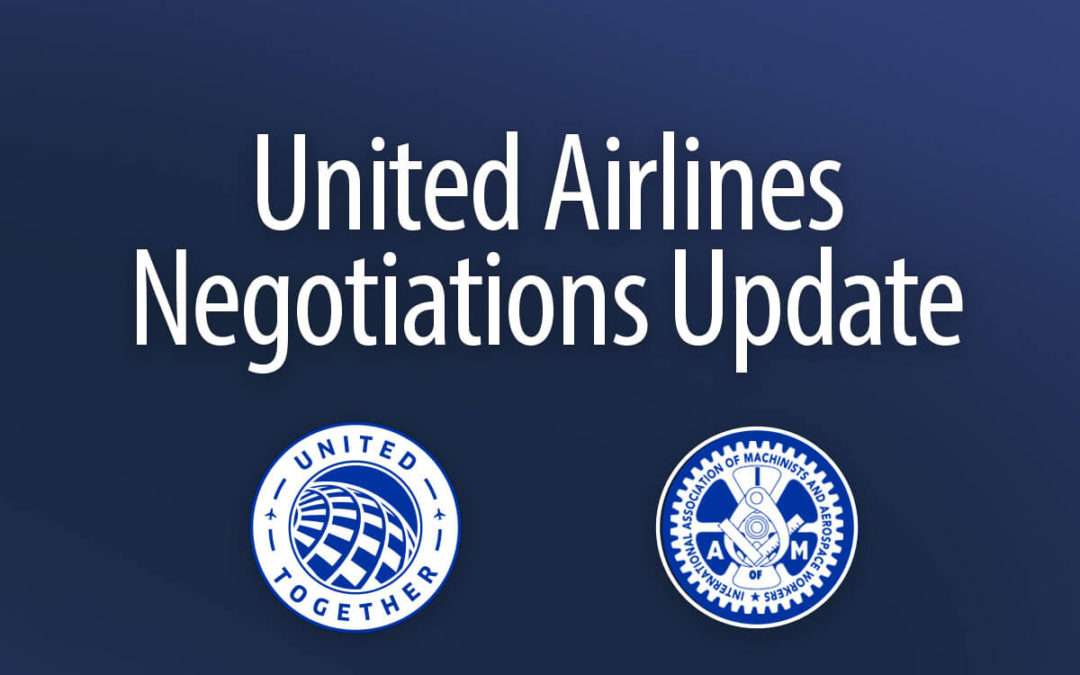
United Negotiations Update
United Contract Negotiations Update26 November 2024 Dear Sisters and Brothers, Your IAM District 141 negotiating team and United Airlines management made significant progress in contract negotiations last week in Chicago, Illinois. We addressed seven separate...
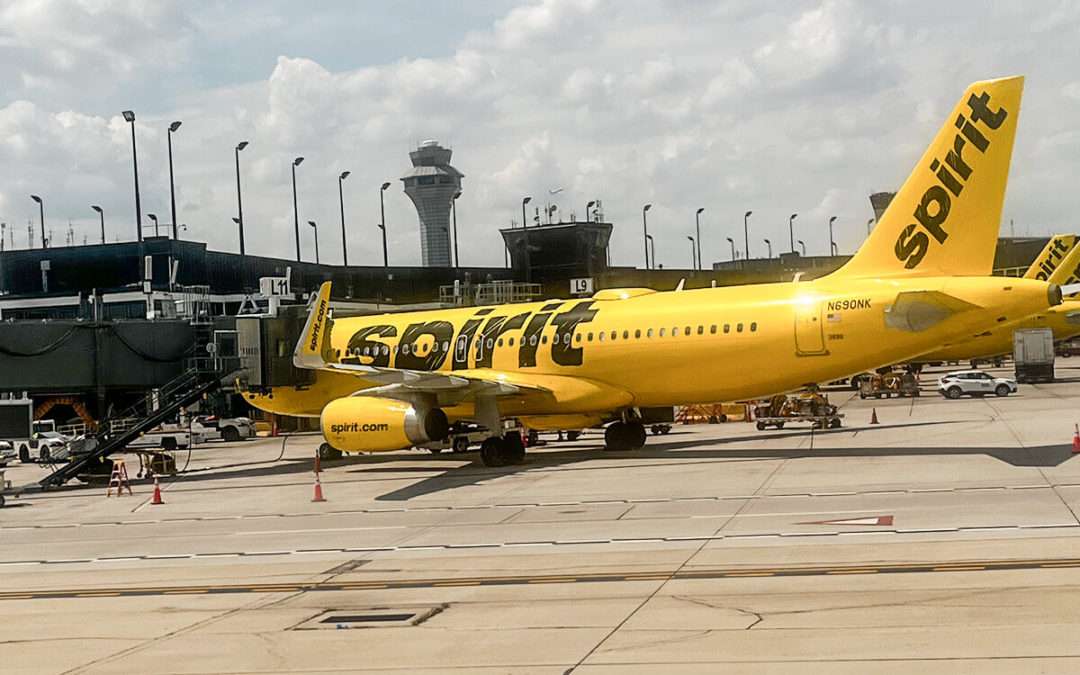
Spirit Airlines Announces Plan to Restructure, Files Bankruptcy
This development does not mean Spirit Airlines is ceasing operations or reducing wages for our front-line Union Members. . Spirit Airlines Announces Plan to Restructure, Files Bankruptcy November 19, 2024 Sisters and Brothers, Yesterday, Spirit Airlines announced that...
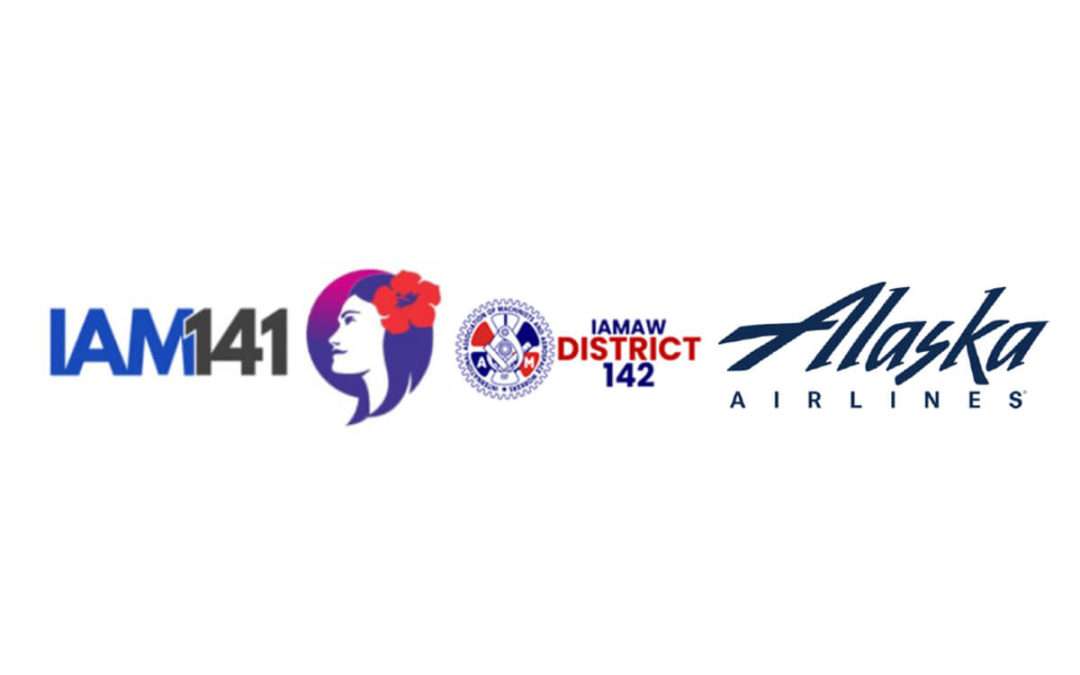
Alaska Air and Hawaiian Airlines Bulletin
The IAM Districts 141 and 142 reached a Transition Agreement with Alaska Airlines and Hawaiian Airlines for the Alaska COPS and RSSA agreements, and the Hawaiian COPFS agreement, respectively October 31, 2024 Aloha Sisters and Brothers of Hawaiian and Alaska Airlines,...



